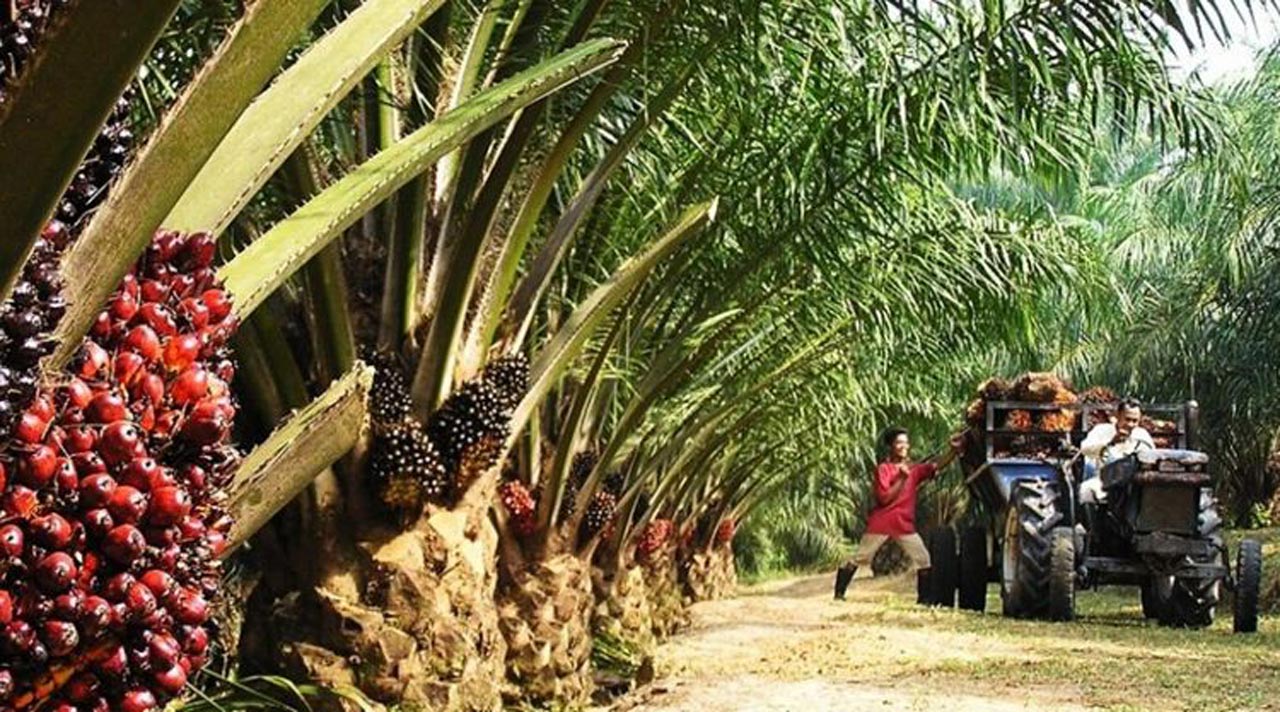Solidaridad, an international non-governmental organization, has launched the National Initiatives for Sustainable and Climate-smart Oil Palm Smallholders, NISCOPS, to promote oil palm produce in West Africa.
SEE ALSO: NSCDC Resolves 210 Civil Disputes, Arrest 217 Suspects in Adamawa
Mr. Pita Ochai, Solidaridad’s Programme Officer, Communications, Outreach and Networking in Nigeria, in a statement on Thursday said the programme is being implemented in Africa (Nigeria and Ghana) and Asia (Indonesia and Malaysia) with the initial funding support from the Government of the Netherlands.
Ochai said that the launch is aimed at promoting yield intensification at both the farm and mill levels.
The statement quoted Mr. Isaac Gyamfi, Regional Director, Solidaridad West Africa as saying that the NGO was committed to current global and local realities, especially on climate change and agriculture.
Highlighting Solidaridad’s efforts in developing oil palm in Ghana, Gyamfi said that the organization had supported the revitalisation of the Oil Palm Development Association of Ghana (OPDAG).
“We are now using our over 50 years’ experience of both foot and brain on the ground through our works to contribute to shaping practices and policies at local, districts, national and global levels.
Solidaridad has been in Ghana’s oil palm landscape since 2012 promoting yield intensification at both the farm and mill levels through the introduction of Best Management Practices (BMP) and improved processing technology respectively.
“Solidaridad has also played a role in the establishment of the Tree Crops Development Authority.
“These have been implemented under our Sustainable West Africa Oil Palm Program (SWAPP).
“Analysis from SWAPP shows that an average farm yield of at least 12tons/ha/year for existing farms coupled with an oil extraction rate of 18 percent will make Ghana self-sufficient in Crude Palm Oil (CPO) production.
“This can only be realized when among other interventions such as BMP, great attention is paid to the impacts of climate change on the sector as well as the contribution of the oil palm sector to climate change,’’ Gyamfi said.
On his part, Dr. Samson Ogallah, Solidaridad Senior Climate Specialist for Africa said that the key performance indicators of the program was built on three pillars of Climate-Smart Agriculture (CSA) of Productivity, Adaptation, and Mitigation.
Ogallah added that the program in addition to its contribution to the NDCs and SDGs of the four countries aimed to further build the capacity of smallholders and local institutions to improve performance.
Katja Lasseur, Deputy Head of Mission, Embassy of the Kingdom of the Netherlands, Ghana, expressed the commitment of the Government of the Netherlands to the program.
She urged stakeholders to collaborate in order to achieve the objectives of the programme.
NISCOPS is a five-year strategic programme aimed to enable governments in key oil palm producing countries to support and work with farmers toward more sustainable, climate-smart palm oil production.
It is also designed to contribute to the Paris Agreement, Nationally Determined Contributions (NDCs) objectives and the Sustainable Development Goals (SDGs).
The programme is being implemented in Africa (Ghana and Nigeria) and Asia (Indonesia and Malaysia) with the initial funding support from the Government of the Netherlands.
The programme has an inception year (2019) with the implementation phase I from 2020 to 2023 and implementation phase II from 2024 and beyond.
NISCOPS is implemented by Solidaridad in Ghana and Solidaridad in partnership with IDH in Indonesia, Malaysia, and Nigeria.



Leave a Reply